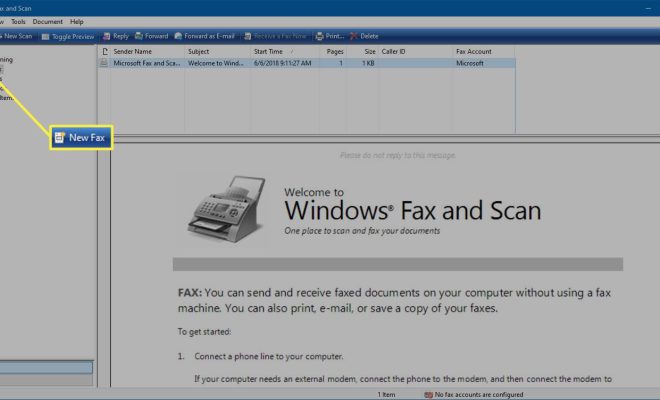3 Ways to Dispose of Brake Fluid

Introduction:
Brake fluid is an essential component of your car’s braking system, but disposing of it properly can be a challenge. It is important to know that brake fluid is hazardous and should never be poured down the drain, mixed with other fluids, or thrown in the trash. Improper disposal can lead to environmental pollution and be dangerous for humans and wildlife. Here are three ways to safely dispose of used brake fluid.
1.Local Household Hazardous Waste Collection Facility
One of the safest and most convenient ways to dispose of brake fluid is by taking it to your local household hazardous waste (HHW) collection facility. Many cities and towns have designated facilities where residents can drop off hazardous materials, including brake fluid, oil, antifreeze, paint, and batteries. The staff at these facilities can properly handle the disposal process and ensure that the chemicals do not harm the environment.
To find a nearby facility, you can check your local government website or call their waste management department for information on locations and hours.
2.Auto Repair Shops
Many auto repair shops accept used brake fluid for disposal. Mechanics and automotive professionals are knowledgeable about proper disposal methods and often have access to resources for recycling or disposing of automotive fluids. Call your local auto shop to confirm if they take in brake fluid, and if they do, make sure the container is tightly sealed before transporting it to avoid any accidental spills.
3.Recycling Centers
Some recycling centers may offer special services for disposing of or recycling hazardous waste materials like brake fluid. Contact your local recycling center to see if they accept used brake fluid. They might require you to bring the brake fluid in a specific type of container or charge a small fee for processing and disposal.
Conclusion:
Properly disposing of your used brake fluid plays an essential role in protecting both the environment and public health. By using one of these three methods, you can do your part in contributing to a cleaner and safer ecosystem. Be responsible and always follow local regulations when handling hazardous materials like brake fluid.






